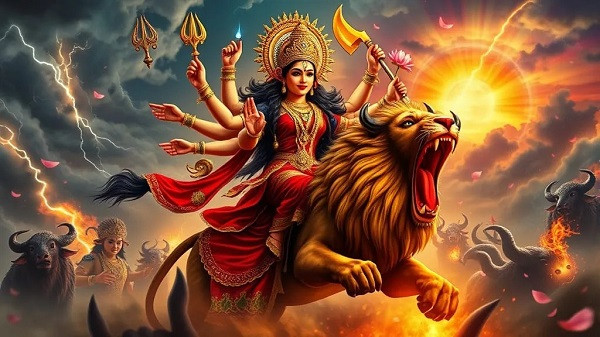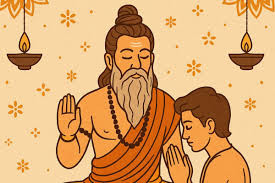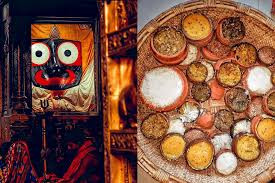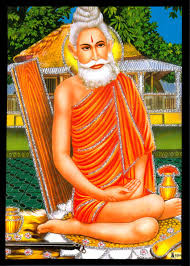Jamai Sasthi: A Bengali Festival Celebrating Son-in-Laws
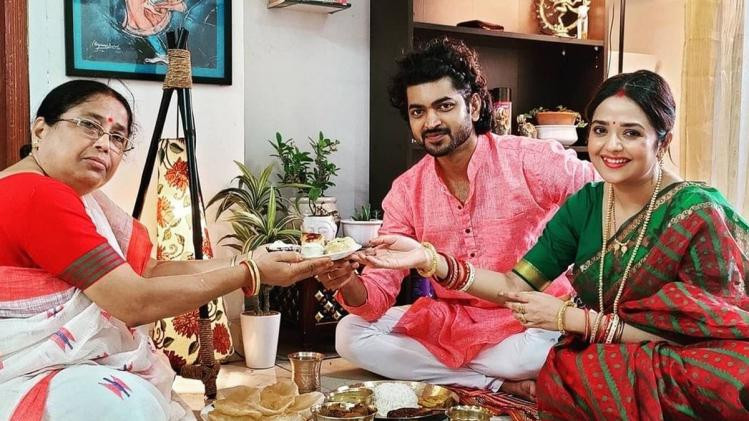
IIE Digital Desk : Jamai Shashti is a significant festival celebrated predominantly in the Bengali community. It holds great cultural and traditional importance, dedicated to honoring and appreciating son-in-laws. This article explores the origins, rituals, and significance of Jamai Sasthi, shedding light on the customs and practices associated with this unique festival.
Meaning and Cultural Significance
Jamai Shashti derives its name from the Bengali words "Jamai," meaning son-in-law, and "Shashti," denoting the sixth day. Celebrated on the sixth day of the bright fortnight in the Hindu calendar's Jyeshta month, this festival emphasizes the strong bond between a son-in-law and his in-laws.
Historical Origins
The roots of Jamai Shashti can be traced back to ancient Bengal, where it was believed to have started during the reign of King Pratap Aditya in the 16th century. The festival gained popularity as a way to honor and appreciate son-in-laws for their contributions to the family and their role in maintaining familial harmony.
Rituals and Customs
1. Welcome Ceremony: On Jamai Shashti, the son-in-law is invited to the ancestral home of his in-laws. A grand welcome awaits him as he is received with traditional rituals, including anointing his forehead with sandalwood paste and offering him flowers.
2. Special Feast: One of the highlights of Jamai Shashti is the lavish feast prepared by the mother-in-law or other female members of the family. Elaborate traditional Bengali dishes are cooked to indulge the son-in-law's taste buds.
3. Exchange of Gifts: As a token of love and appreciation, the son-in-law is presented with gifts, typically new clothes or other valuable items. This gesture symbolizes the bond of affection and respect between the two families.
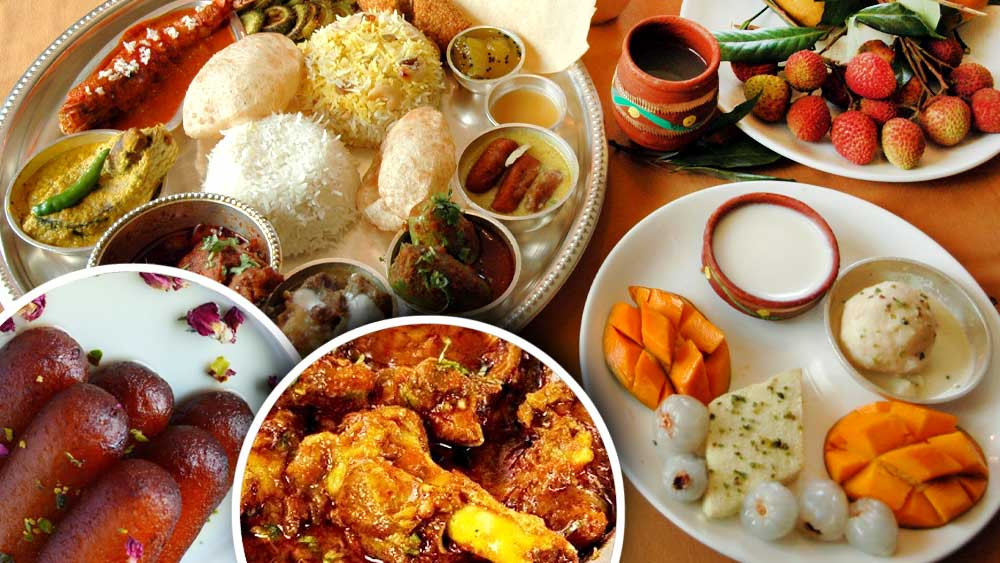
Strengthening Family Ties
Jamai Shashti plays a vital role in fostering strong family bonds and promoting harmonious relationships. It provides an opportunity for the son-in-law to connect with his in-laws on a deeper level and build lasting connections with extended family members.
Social and Cultural Significance
This festival goes beyond the individual families and serves as a reminder of the broader cultural fabric of Bengal. It showcases the rich traditions, values, and hospitality deeply rooted in Bengali society, while also highlighting the respect and admiration given to son-in-laws.
Jamai Shashti stands as a unique celebration of son-in-laws, emphasizing their importance and integral role in the family. This festival brings together the essence of love, respect, and unity, strengthening familial ties and fostering a sense of belonging within the Bengali community. It serves as a vibrant cultural occasion, where traditions are preserved, and relationships are cherished, making Jamai Sasthi a cherished festival in Bengal.
You might also like!


